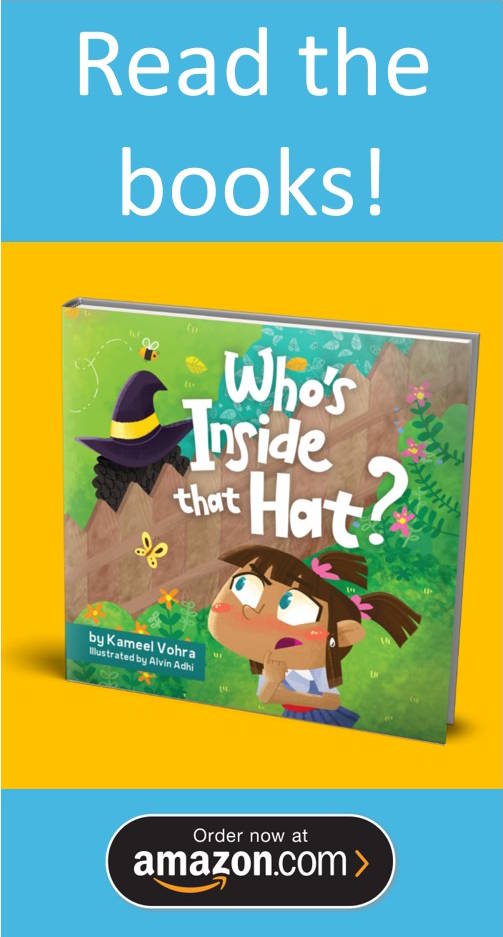Building a lifelong habit of reading can set your child up for success. Reading helps with comprehension, language ability and even critical thinking. While video and audio are more widely available than ever before to support learning, at some point we all need to read and write. In fact, reading allows us to process information differently. Research (from the Max Planck Institute) shows that reading allows us to process more systematically and think critically about the information presented.
With the development of AI and other new technology it’s becoming increasingly important in a digital age to be a lifelong learner. According to this study by Dell Technologies, 85% of all jobs will be in new fields by 2030. Reading is a key skill to develop if we want our children to be lifelong learners because it teaches them how self-study and understand a text.
Reading leads to comprehension
Reading is an essential skill to understand text quickly and accurately. Reading is not just about being able to read but to comprehend what you’ve read. Comprehension means that you have understood and in some way internalised the information you read. Usually this means they can answer questions not just about what happened in the text but also come to conclusions outside of the text. They can tell you why 2 + 2 = 4, not just that it does.
We know that reading is an important skill for children to master. So then, how can you get your child to read more? How do you make reading more than just another chore?
Read with them
Bedtime stories are a great way to get your child interested in reading. It’s a good time for them to learn about the magic and fun of reading. By engaging their imagination, you can get them interested in reading more by themselves.
You could read part of a story to get them hooked and then challenge them to find out what happens next on their own, or if their reading skills are not quite there yet you can guide them through reading it. You can read our post here on how to tell great bedtime stories.
Take the pressure off
Reading should be an enjoyable activity. Don’t make reading just a chore or something that must be done. Make it a rewarding activity. You can do this in a number of ways depending on what motivates your child. Maybe make an achievement chart or get them to put on a play – different things will work with different children.
Try taking the pressure off. Too many parents become fixated on test and ability scores. Don’t let them worry about their reading grade, that’s for you and the teacher. If reading is stress-free and fun, they’ll learn. Get them to love reading first and the rest will follow.
Let them explore
Not all children like the same thing. As we mentioned previously, what makes a good book, depends upon the individual child. Books are a way for children to explore the world around them. They can read about anything, space, dinosaurs, even hobbits, and we shouldn’t limit that.
Just as importantly, children should be encouraged to dig into topics they enjoy. Taking them to the children’s section of the library is great way for them to see how many different things there are to explore out there.
By giving them options and letting them choose, it helps them feel in control. It gives them a chance become self-guided in their reading. This develops their interest and lets them own the process of learning to read, increasing their motivation and engagement.
Reading should be a lifelong love affair
Try some of these suggestions out, to start building a lifelong habit of reading with your child. It will help your child develop skills that will help them achieve future success.
We need to encourage children to find joy and meaning in what they read. Children that are curious, joyful, and engaged with the world are children that will live a better life. Especially in a world where the pace of change is only getting faster. Teach your child to truly love reading and they’ll love learning.


